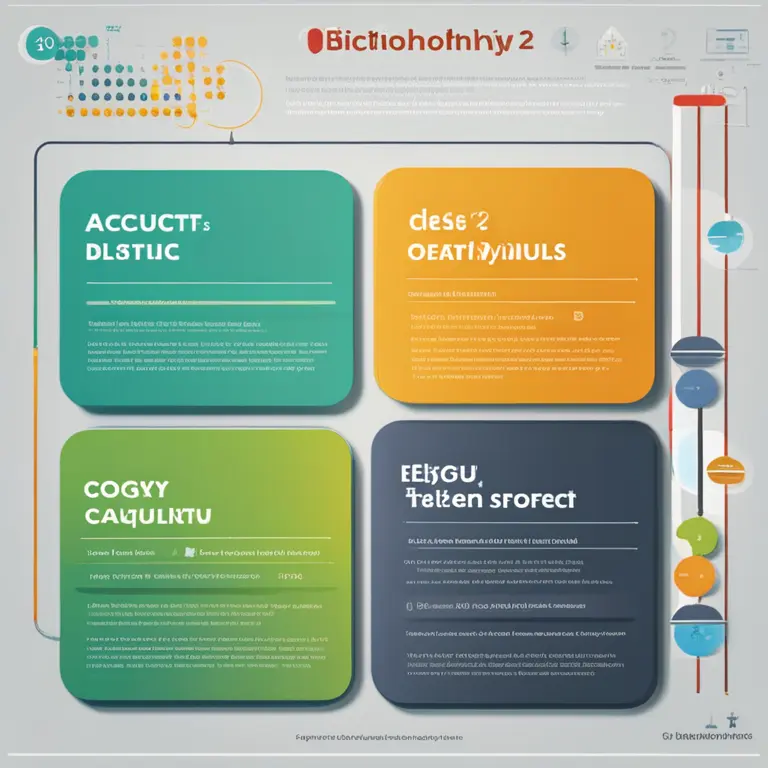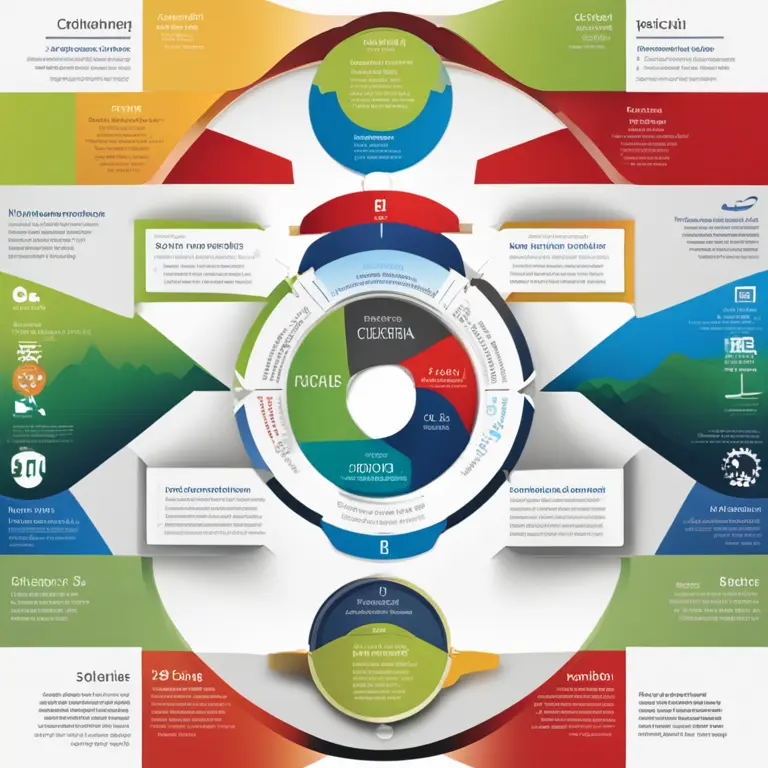
Harmonizing Love: Biorhythm Birthday Compatibility
Discover the intriguing world of biorhythm birthday compatibility. Learn how these natural cycles can impact your relationships and love life.
article by Adrian Wallace
Introduction to Biorhythms
The concept of biorhythms dates back over a century, proposing that our daily lives are influenced by innate biological cycles. These rhythms, which encompass the physical, emotional, and intellectual aspects of our being, supposedly ebb and flow in predictable patterns from the moment we are born. In recent years, the intriguing possibility of using biorhythms to gauge compatibility, particularly concerning birthdays, has captivated the attention of many individuals seeking deeper insights into their personal relationships.

The Three Primary Cycles
Fundamental to understanding biorhythm compatibility is grasping the three primary cycles. The physical cycle, with a period of 23 days, oversees our vigor and coordination. The emotional cycle, lasting 28 days, regulates mood swings and feelings. Finally, the intellectual cycle, which completes its loop every 33 days, influences our thought processes and reasoning. Knowing how these cycles interact can provide fascinating clues into the dynamics of our interpersonal connections, especially with romantic partners.

Calculating Your Biorhythms
To determine your biorhythms, you simply need your date of birth. With the advent of modern tools and applications in 2024, tracking these rhythms has become effortless. By inputting your birthday, these sophisticated programs can chart your individual cycles and foresee periods of high and low energy, emotional stability, and intellectual acuity. Preparing for how these cycles influence your daily life can be eye-opening.

Applying Biorhythms to Relationships
When it comes to relationships, being aware of your biorhythm can be profoundly illuminating. By comparing your cycles with those of your partner, you may observe periods of harmony and discord that correlate with your respective rhythms. Partners may find that understanding these patterns allows them to navigate rough patches with greater empathy and to capitalize on times when their cycles are in sync, fostering closeness and deeper connections.

Compatibility Beyond Birthdays
While birthdays are the anchors for calculating biorhythms, compatibility extends beyond mere dates. The nuances of human relationships necessitate a broader approach. Factors such as life experiences, individual personalities, and the willingness to adapt and grow within a relationship all interweave with the natural biorhythmic patterns to create a unique and dynamic interaction between partners.
Evidence for Biorhythms and Compatibility
Critics of biorhythm theory often cite a lack of empirical evidence supporting its claims. Nevertheless, many enthusiasts point to anecdotal successes and the millennia-old human fascination with rhythmic patterns observed in nature. As with many facets of astrology and alternative beliefs, personal experiences and subjective interpretations tend to validate the significance of biorhythms to those who find merit in their periodicity.
Embracing Biorhythmic Awareness
While biorhythm compatibility is not a science-backed matchmaking tool, it does offer a novel lens through which to view our relationships. If nothing else, considering the ebb and flow of our biological cycles prompts us to pay closer attention to our bodies, emotions, and thoughts — and, by extension, those of our partners. This mindfulness can foster a nurturing environment for love and understanding to thrive, regardless of the stars or numbers that guide us.
Published: 1/25/2024
Modified: 1/25/2024
More predictions
Come back here soon to learn more about yourself and your future


The Basis of Biorhythms: An Insight into Biological Cycles
Delve into the concept of biorhythms, the belief in rhythmic biological processes that purportedly influence human physiology and behavior.


Your Biorhythm Horoscope Handbook
Discover the intriguing intersection of biorhythms and astrology. Learn how tracking your biological cycles can provide insights into your physical, emotional, and intellectual well-being.


The Principles of Biorhythm Cycles
Discover the fundamental principles of biorhythm cycles and how they influence daily life and personal well-being in this insightful article.